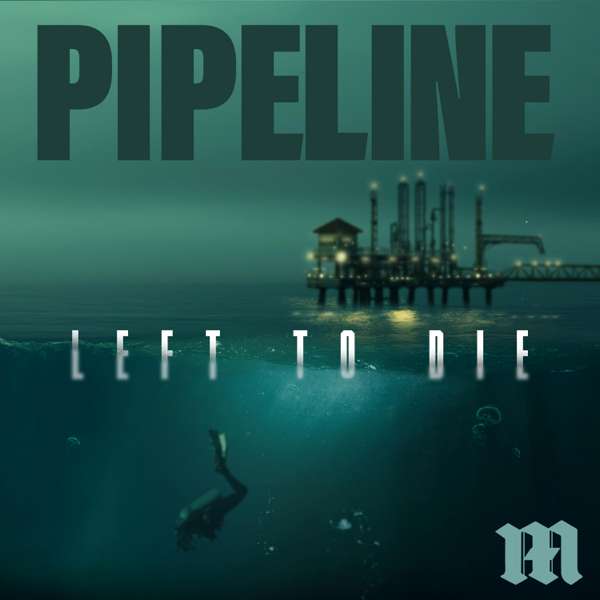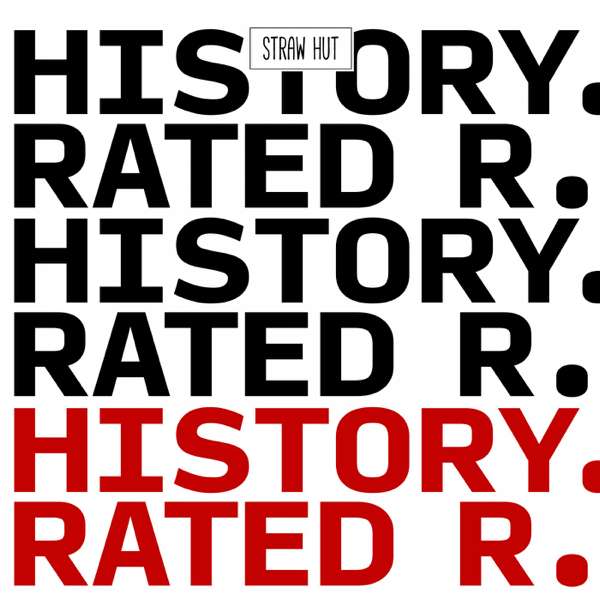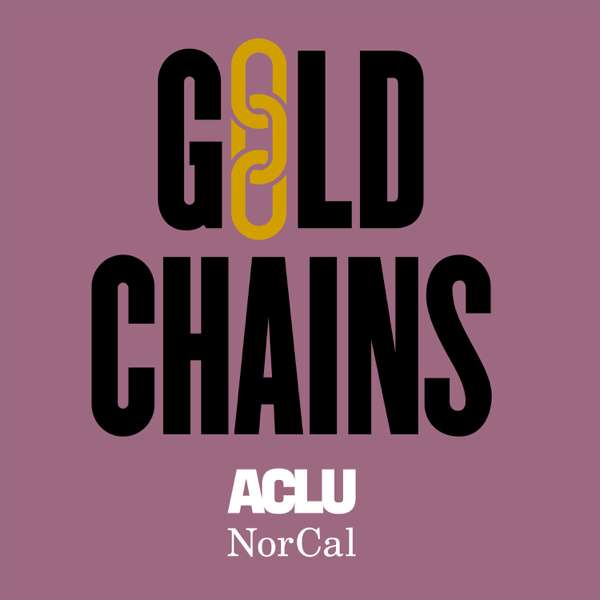In this episode, Eric Clauss sits down with two dynamic leaders who are shaping leadership development across Tennessee’s EMS community—Jeff Masten, a 25-year Stryker veteran known for his engaging leadership workshops and people-centered philosophy, and Assistant Chief Elaina Brown of the Nashville Fire Department, whose work in supervisor training is redefining what it means to prepare the next generation of EMS leaders.
Together, they offer lessons from corporate, clinical, and command perspectives—each reminding us that leadership begins with understanding yourself, setting clear standards, and developing others.
Segment 1: Introduction for Jeff Masten
Jeff Masten brings over 25 years of leadership experience with Stryker, including more than a decade serving the EMS community. Known for his engaging leadership classes and Gallup-based strengths approach, Jeff helps teams discover how understanding themselves is the first step to leading others. His perspective bridges corporate excellence and the realities of field leadership—reminding us that professionalism, consistency, and personal accountability define how we show up every day.
Segment 2: Introduction for Elaina Brown
Assistant Chief Elaina Brown of the Metro Nashville Fire Department has dedicated over 30 years to EMS and fire service leadership. From shift command to national instruction at the National Fire Academy, she’s shaping leadership training for current and future supervisors through Tennessee’s state leadership initiative. Elaina brings grounded wisdom on developing confidence, mastering soft skills, and doing the “extra” work that distinguishes exceptional leaders from average ones.
What do a corporate leader and a command-level fire officer have in common?
A lot more than you might think. In this powerful dual interview, Jeff Masten and Assistant Chief Elaina Brown join Eric Clauss to talk about leadership through two lenses—corporate and public safety. Jeff shares insights from Stryker’s strengths-based leadership philosophy, discussing how professionalism, feedback, and accountability create lasting culture. Elaina builds on that theme, exploring the transition from tactical work to supervisory leadership, the importance of training and soft skills, and how aspiring leaders can prepare for advancement.
Together, they offer a roadmap for every listener ready to grow in self-leadership and elevate those around them.
Leadership Applications
1. Know Yourself First.
True leadership begins with self-awareness—understanding your strengths, communication style, and how you respond under pressure.
2. Set and Model Standards.
Professionalism and consistency create credibility. The way you do anything reflects the way you do everything.
3. Develop Others Intentionally.
Leaders have a responsibility to prepare successors. Invest in people by teaching, mentoring, and setting clear expectations.
4. Bring Solutions, Not Just Problems.
As Elaina shared—leaders stand out when they bring ideas and possible solutions forward, not just the challenges.

 Our TOPPODCAST Picks
Our TOPPODCAST Picks  Stay Connected
Stay Connected







